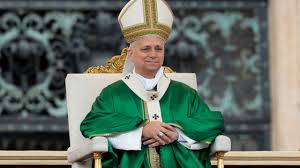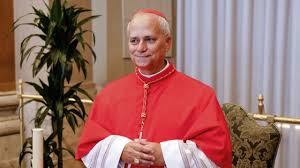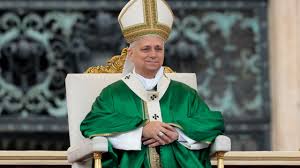Historic Visit: Pope Leo Turkey Visit Details Revealed; Special Status Granted For İznik Basilica

Symbol Of Christian Unity: Pope Leo Xiv Will Make His First Foreign Trip To Iznik For The 1700th Anniversary; Meeting With Erdoğan Is Planned
ANKARA / VATICAN CITY – The leader of the Catholic Church, Pope Leo XIV, is making a significant diplomatic move by choosing Turkey for his first foreign trip at the start of his papacy, beginning tomorrow (November 27th). The Vatican has officially announced the program for the Pope Leo Turkey Visit, which will last four days, from November 27th to 30th. A crucial decision was made ahead of the visit: the St. Neophytos Basilica in İznik, where the Pope will hold Mass, was expropriated and granted site of ruins (ören yeri) status.

📝 Section 1: Unity Message In Iznik And Special Status
Pope Leo’s decision to make his inaugural foreign trip to İznik (Nicaea), a site of paramount importance in Christian history, underscores the Vatican’s global priority of emphasizing Christian unity.
- Significance of the Council: The main reason for the visit is the 1700th anniversary of the Council of Nicaea, which convened in 325 AD. Kimberly Belcher, an associate professor of theology at the University of Notre Dame, noted, “We view the Council of Nicaea as one of the things that unites us.”
- Expropriation Decision: The decision to expropriate and grant site of ruins status to the St. Neophytos Basilica ahead of Pope Leo’s visit ensures that the Mass will be held in a historically significant location. The Pope will pray there alongside thousands of Christians.
🤝 Section 2: Diplomatic Agenda And Istanbul Visit
The Pope Leo Turkey Visit includes not only religious ceremonies but also high-level diplomatic engagements.
- Erdoğan Meeting: The Pope is scheduled to meet with President Recep Tayyip Erdoğan during his trip. This meeting is significant for the future of relations between Turkey and the Vatican.
- Patriarch Declaration: Pope Leo will also visit Istanbul. Furthermore, he will meet with the Ecumenical Patriarch Bartholomew I to sign a joint declaration concerning the unity of the Christian world. Experts highlighted the symbolic importance of the two leaders meeting on the anniversary of the critical Council.

📜 Section 3: The Historical Weight Of Nicaea
The Council of Nicaea represents one of the most critical moments in Christian history.
- Foundation of Shared Traditions: Fr. Dr. David Maxwell, a professor of theology at Concordia Seminary, noted that the Council of Nicaea, which gathered in 325 AD, established the foundation for common traditions and rites that Christians still uphold today.
- The Creed: Dr. Maxwell emphasized the Council’s universal impact, stating, “The Nicene Creed is the most widely accepted text within Christianity outside of the Bible.” [INTERNAL LINK: Important Councils In Christian History]
Vatican spokesman Matteo Bruni declined to provide details on special security measures during the visit. However, The Independent reported that the Vatican stated no extra security measures would be taken. In conclusion, this visit ranks high on the European agenda for its historical reconciliation and religious diplomacy






